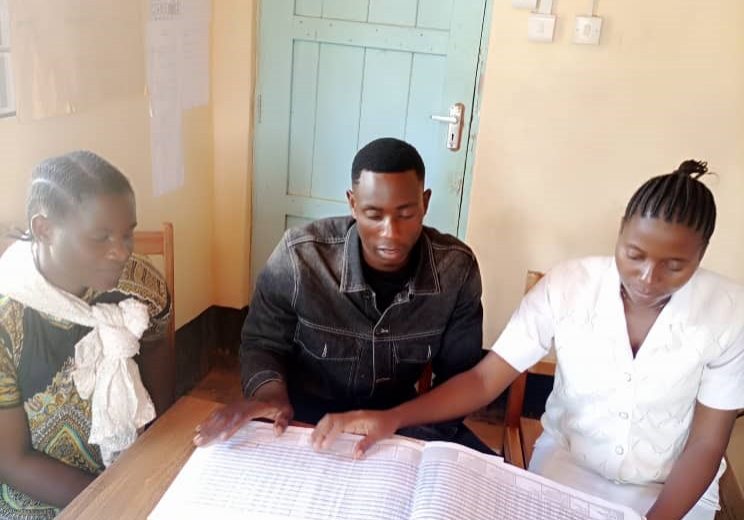
Summary
Iringa is one of the regions in Tanzania with high rates of HIV prevalence for adults age 15 and above at 11.3% (THIS 2016/17) with estimated 8,203 15–24 young people living with HIV of which 2,223 reside in Mufindi. The region has the highest burden of HIV associated with several socio-economic factors including high economic activities that includes frequent traders’ migration and mobile workers. This situation fuel casual unprotected sexual activities due to separation from families or permanent sexual partners and economic hardship among adolescents and young people. Some of economic sectors that are in the remote areas are heavily associated with migration among laborer who are lumberer, small scale miners and those working in tea plantations having less or no workplace HIV interventions.
The sectors also attract youth, adolescents and young women from poor households to work informally as food vendors whereas in most cases they end up engaging into transactional sex in order to earn more income which in turn increases their vulnerability to contracting HIV new infections. The situation is hardly accessible to health services.
IDYDC in collaboration with Iringa RS, Mufindi DC, Healthcare Providers, Peer Educators, Ward and Village leaders, Influential Peoples and others stakeholders as workers’ association have been implementing the project in 37 Health facilities, 35 villages in the ten wards of Mufindi DC namely; Sadani, Mdabulo, Mninga, Ifwagi, Mtwango, Igowole, Ihalimba, Ikongosi, Luhunga and Ikweha.
PROJECT OUTPUTS:
- A scalable HIV testing model for migratory and mobile workers targeting men and vulnerable adolescent boys and girls developed and implemented.
2. Increased HIV testing coverage by 2% among vulnerable adolescent boys and girls in remote hotspot locations in key economic sectors i.e. timber and mining in Mufindi, Iringa region
3. Improved engagement of the local government authorities through the health care system to create the linkage of HIV testing, care and treatment within the informal sector workplaces in remote hotspots.
Successes
- Provision of integrated services during HIV outreach, thus services includes weight and BMI test, provision of condoms, family planning etc
- Good cooperation between RS office, CHMT, IDYDC Staffs, HCWs, PE and other implementing Partners, particularly the Health facilities.
- Positive community response and acknowledgement particularly youths have lead to project reaching high number of youth and adolescents in their working areas and provision of HIV education and testing.
- Availability of yield positive to adolescences and linkage to CTC for further treatment beyond target.
Challenges..
- Confidentiality has been challenging in working places this hinders good flow of linkage to CTC and retention.
- The areas are so scattered, leading difficulties during provision of services particularly with the use of health providers from the facilities.
- Poor infrastructure leads hardship to reach other areas especially when it rains.
- Index cascade has poorly been done with this model.